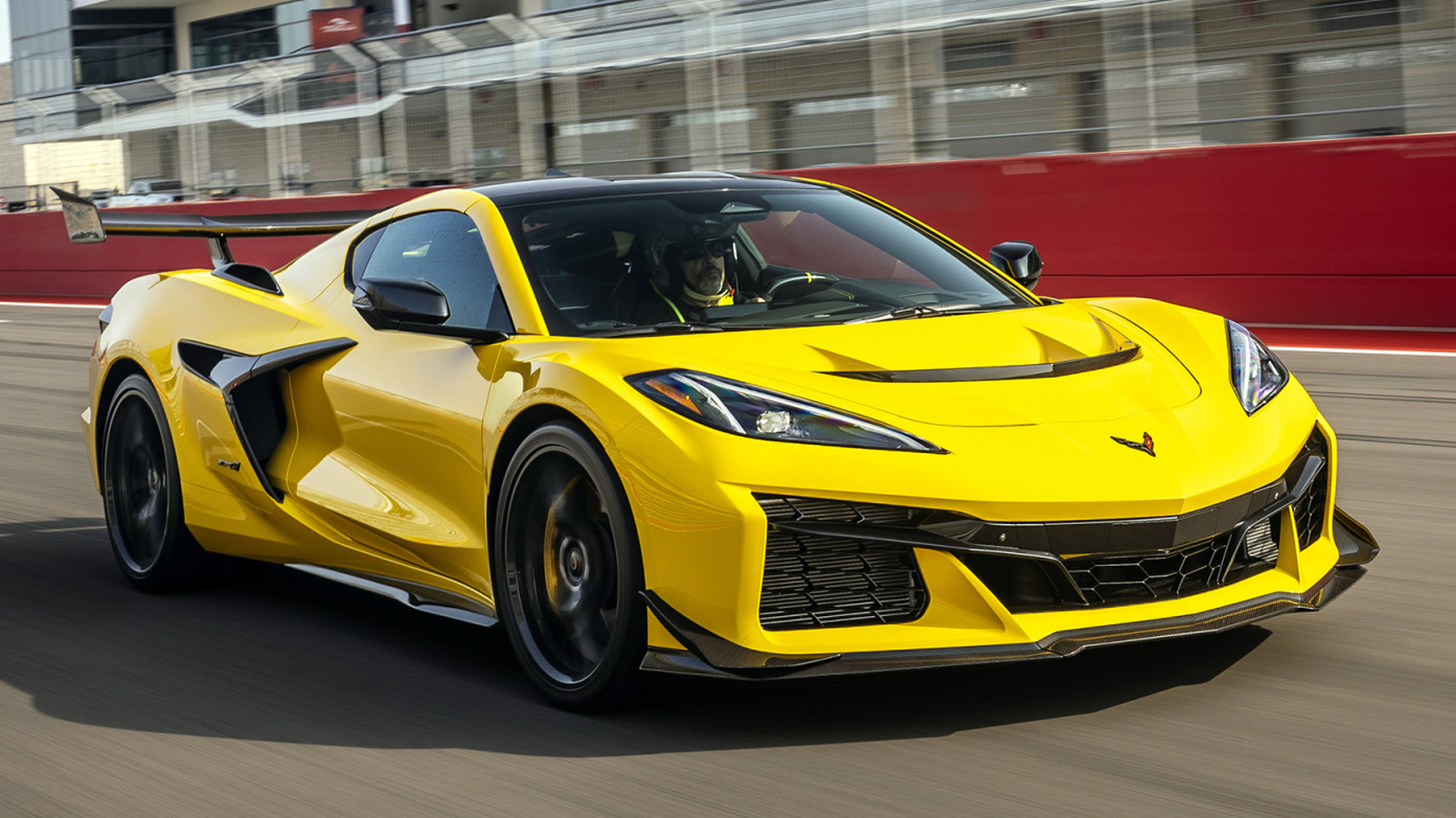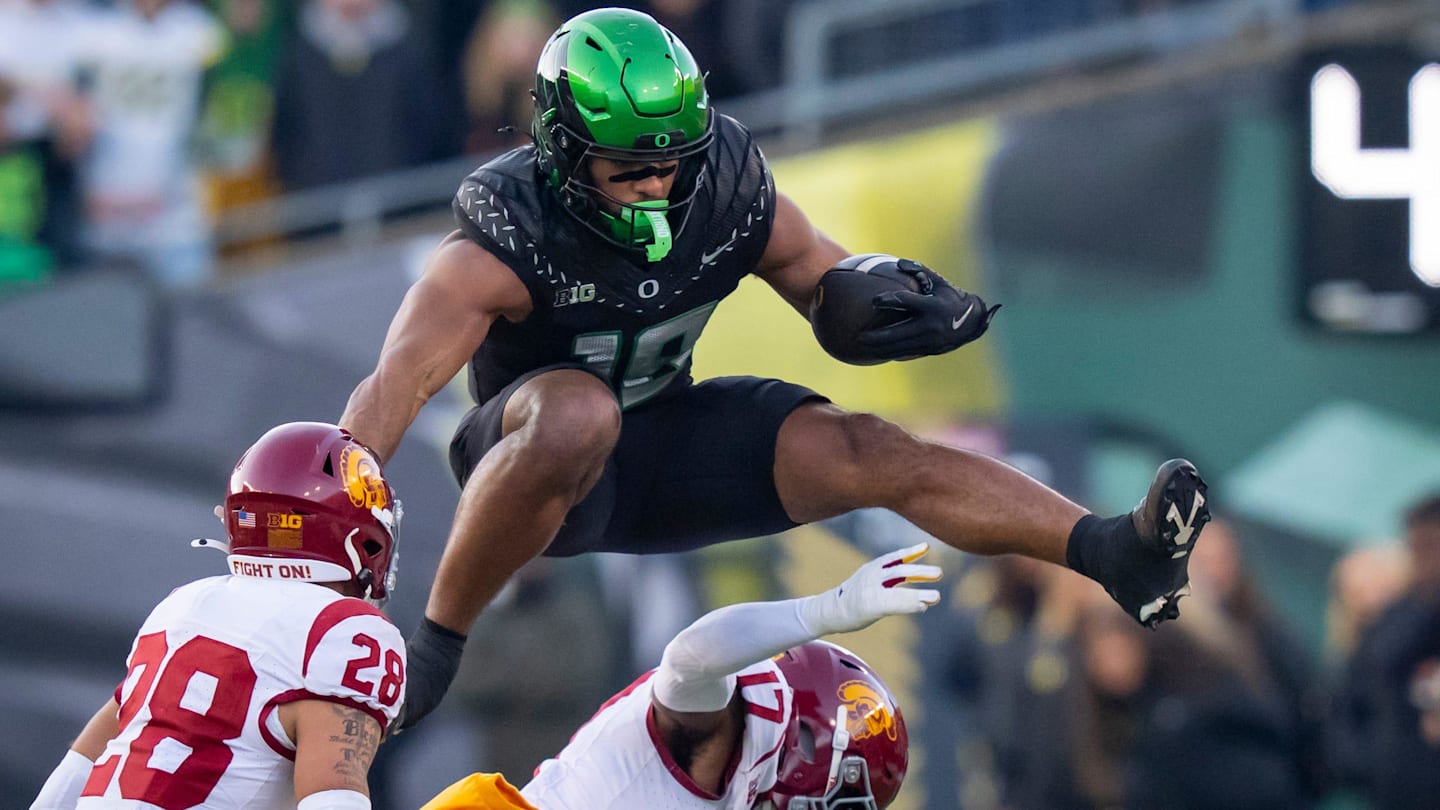Sprinting Stars: Lyles and Jefferson-Wooden

Lyles Wins 200 Again
In a thrilling race at the World Athletics Championships, Noah Lyles once again proved his dominance in the 200 meters. After a strong start, Lyles pulled ahead of his teammate Kenny Bednarek, who had been a major threat throughout the season. With a powerful finish, Lyles won his fourth world title in the event, solidifying his position as one of the top sprinters in the world.
Jefferson-Wooden Makes History
In a historic moment for women's sprinting, Melissa Jefferson-Wooden became the first woman to complete the 100-200 double at the World Championships since Shelly-Ann Fraser-Pryce in 2013. After dominating the 100 meters earlier in the week, Jefferson-Wooden continued her impressive performance in the 200 meters, crossing the finish line with a comfortable lead. Her victory marks a new era for women's sprinting, with Jefferson-Wooden proving herself as a force to be reckoned with.
The Future of Sprinting
Lyles and Jefferson-Wooden's performances at the World Championships have set the stage for an exciting future in sprinting. With their impressive speed, determination, and talent, these two athletes have solidified their positions as the ones to watch in the coming years. As both Lyles and Jefferson-Wooden
About the Organizations Mentioned
World Athletics
World Athletics, originally founded as the International Amateur Athletic Federation (IAAF) in 1912, is the global governing body for the sport of athletics, encompassing track and field, road running, racewalking, and cross country running[1][2][3]. Its creation followed the 1912 Summer Olympics in Stockholm, where 27 representatives from 17 national federations convened to establish a unified authority to oversee international athletics competitions, standardize rules and technical equipment, and maintain official world records[1][2][4]. The formal founding occurred at the 1913 congress in Berlin, with Sigfrid Edström of Sweden becoming its first president[1][5]. World Athletics' headquarters have shifted over time—from Stockholm (1912–1946), to London (1946–1993), and presently Monaco (since 1993)[1][3]. The organization initially governed only men's athletics; it incorporated women's events after absorbing the Federation Sportive Feminine Internationale in 1936[3]. Reflecting the evolution from amateurism to professionalism in sports, the IAAF amended rules in the 1980s and 1990s to allow athlete compensation while retaining the "amateur" name until 2001, when it became the International Association of Athletics Federations. In 2019, it rebranded as World Athletics to better reflect its global reach and modern identity[1][2][4]. World Athletics plays a crucial role in promoting athletics worldwide, supporting event organization, enhancing broadcast coverage, marketing, and talent development, especially in emerging countries through grants and financial assistance[3]. It also governs doping regulations to maintain sport integrity amid challenges from performance-enhancing drug use[3]. The organization champions both elite competition and mass participation, emphasizing "sport for all" alongside high-performance athletics[4]. Notable leaders include its six presidents, with Lord Sebastian Coe of the United Kingdom serving since 2015[1]. Over mor
World Championships
The term "World Championships" broadly refers to international competitions that determine the best athletes or teams globally in various sports. One of the most prominent organizations associated with this title is **World Athletics**, the international governing body for athletics, encompassing track and field, road running, race walking, cross country, and mountain running. Founded in 1912 as the International Amateur Athletic Federation (IAAF), it has evolved through name changes—International Association of Athletics Federations (2001) and then World Athletics (2019)—to reflect the professionalization and globalization of the sport[1][2][4]. World Athletics’ core mission is to standardize rules, certify facilities, manage world records, and organize competitions, including the biennial **World Athletics Championships**, which are considered alongside the Olympic Games as the highest level of athletics competition[1][4][7]. The Championships started in 1983 in Helsinki after growing demands for a dedicated global event beyond the Olympics. Initially held every four years, the event is now biennial, alternating with Olympic years[3]. The Championships attract top athletes worldwide and have seen historic performances, including multiple world and championship records[6][7]. Sebastian Coe, a former Olympic champion, has served as president since 2015, guiding the organization through modernization and global outreach[1][2]. Separately, there is the **World Championships Organizing Committee Inc.**, a nonprofit organization promoting senior health through international tennis competitions, highlighting another domain where "World Championships" play a role in global sports and wellness promotion[5][8][9]. In summary, "World Championships" primarily represent pinnacle global sporting events under organizations like World Athletics, which have shaped international sports governance and elite competition. Their evolving structure reflects broader trends in sports professionalism, inclusivity, and global engagement, making them key entities in both business and technology aspects of modern sports event management.






